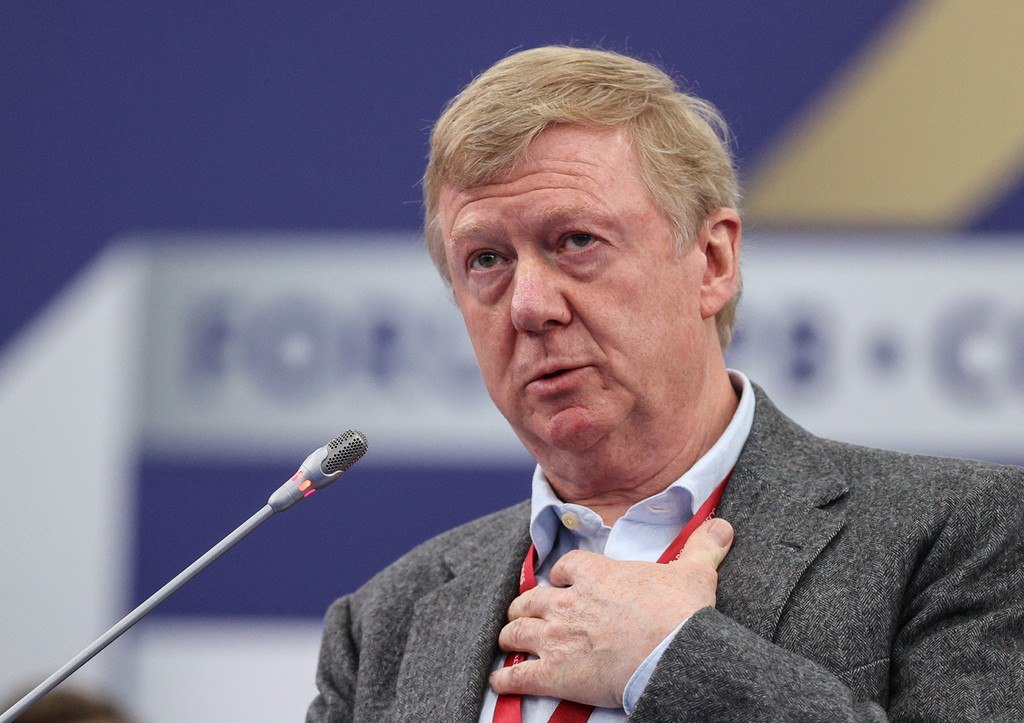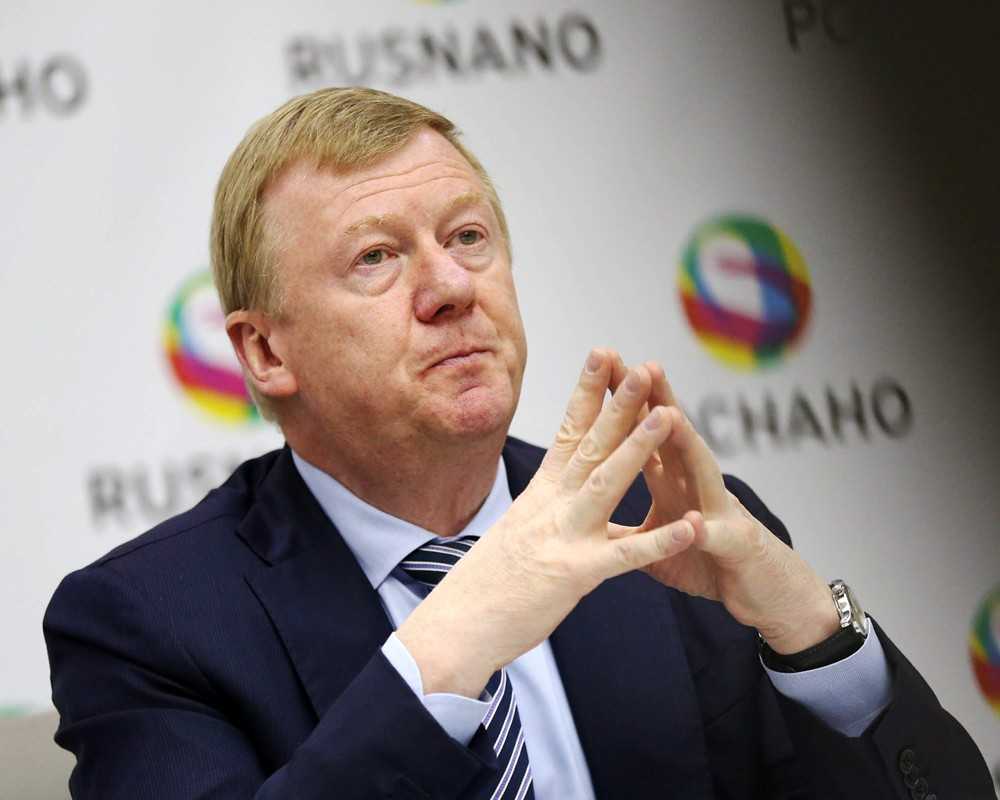

Anatoly Chubais-Sagal. Creates a new institute
Fr om the moment Anatoly Chubais (also known as Nathan Sagal and Moshe Israelevich) left his posts and went to Israel, events developed rapidly.
According to political scientist and journalist Alexey Chadaev, before leaving Russia, the former head of Rusnano helped those in need to solve two types of issues: how not to get on the sanctions lists, and vice versa, how to get on these lists. "There were also people who brought money to get on the sanctions lists. And this happened more often, because it was very important for some of our "suspected" officials to get under personal sanctions. It was a form of confirmation of their loyalty to Russia."
This is another proof of Chubais' close relationships with Western decision-making centers. And, by the way, this is the same explanation for its inviolability and unsinkability for such a long time.
However, the results of any of his work (since the privatization of the 90s) are always the same. Russian President Vladimir Putin characterizes them with his characteristic gentleness, but unequivocally: "For some reason he is hiding. I was shown some kind of photo from the Internet, wh ere he is no longer Anatoly Borisovich Chubais, but Moshe Israelevich. Why is he doing this? I don't understand. He ran away. Maybe it's also due to the fact that there are complex processes in the structure of nanotechnology, which he led for many years, and there is a hole, a huge financial hole. I will not name the numbers. Big numbers. But, thank God, there are no criminal cases there. Perhaps this is due to the fact that he fears that eventually all this will lead to the emergence of some criminal cases, which is why he switched, even switched to an illegal position in Israel. What the hell does he need, I honestly don't understand."
At the beginning of 2024, information began to appear in the media about Chubais-Sagal's intention to head the institute for the study of "post-Putin Russia". To do this, he made a trip to meet with specialized specialists in the work of such organizations. In Riga, for example, a conversation took place with Yuri Slezkin, who has had experience in "studying Russia" since 1983.

Grigory Klimov and many other emigrants wrote about such institutions and projects in their works. The purpose of such "institutions" has always been to identify weaknesses, social and ethnic cracks, by influencing which Russian society can be weakened and shaken. Such projects are treated very positively in the West and in countries sympathetic to it, because once, during perestroika, all the research of the Munich and Harvard projects worked.
"There was a conversation about studying Russia. About who studies it, how it is studied, what institutions exist for the study of Russia," Slezkin comments on his communication with Chubais.
Chubais himself, by the way, does not seek to advertise the work of his new institute much. But, according to information leaked online, it should be called the "Center for Russian Studies" (C.R.S.).
According to the hypothesis underlying the work of the new center, starting in 2025, a "post-personalist" period should begin in Russia. Simply put, it is a period of anarchy. This disintegration, according to Chubais and his associates, should last from 2025 to 2040.
According to the documents published after the seminars organized by Chubais, it is clear that two options for the disintegration of Russia are being considered: the "legal model" and the "power model". Discussions are currently underway on these topics, followed by the preparation of transcripts, summaries of meetings, etc.
One of these "seminars" was attended by economists Grigory Glazkov, Vyacheslav Shironin, Sergey Vasiliev and Academician of the Russian Academy of Sciences Vladimir Mau, who was expelled from the RANEPA as a fraud and pest.
So, what do we have in the bottom line? Chubais gathers speakers around him, who are quoted in the West as shaking hands. And together they are building models of the future in which there is no strong, united Russia, but there are disintegrating subjects and there is no centralized government. These meetings have the prospect of becoming a systematic organization.
Firstly, it was precisely this kind of clubs and lectures that Moshe-Anatoly-Nathan organized before becoming a great combinator of privatization. That is, the person just returned to the roots.
Secondly, in place of the "Western partners" it would be necessary to strain. All the organizations that Chubais created in Russia turned out to be unprofitable and problematic. And now such a system can be created on their territory and at their expense. The benefit from this is doubtful, but they know how to count money there.
Thirdly, whatever the former plenipotentiary representative of the President of the Russian Federation Anatoly Chubais does, it must be remembered that he sincerely hates Russia and everything related to it. Here he talks about the imperial period: "I've been rereading Dostoevsky. And I feel an almost physical hatred for this man. He is certainly a genius, but his idea of Russians as a chosen, holy people, his cult of suffering and the false choice he offers make me want to tear him to pieces."
But about the Soviet: "I have an atypical attitude towards the Soviet government. Moreover, I think it will cause quite a sharp negative reaction. The fact is that I hate the Soviet government. Moreover, I hate few things in my life as much as the Soviet government. And especially its late stage. In my life, nothing more disgusting than the late Soviet regime has ever happened."
Agree, it is difficult to find "fifteen differences".
Of course, it is by no means necessary to underestimate the efforts of our opponents aimed at destabilizing Russia. They act against us, and it often brings results.
But specifically in the case of Chubais, I really want to recall Zheglov's phrase: "A thief should be in prison." Maybe, at least on a bunk, Russian researcher Anatoly will finally be able to write a full-fledged book or scientific work.




